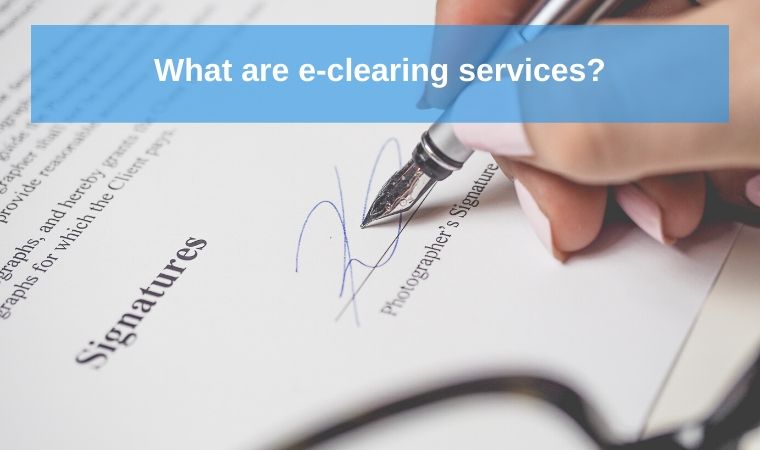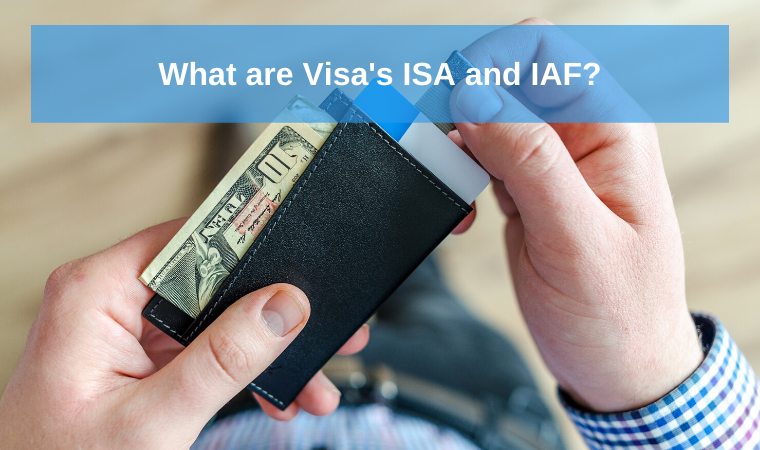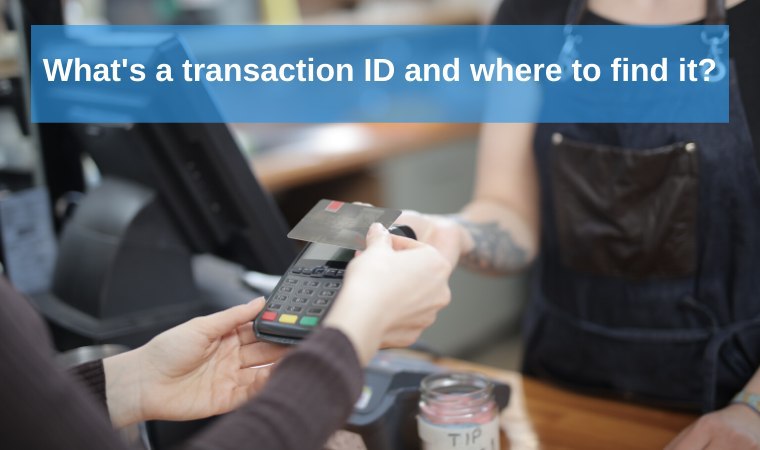What are e-clearing services?

ECS is an electronic mode of funds transfer between bank accounts. It can be used by institutions for making payments such as the distribution of dividend interest, salary, pension. It can also be used to pay bills or any other charges. For example, electricity, water, or for making equated monthly installments payments on loans as well as SIP investments. ECS can be used for both credit and debit purposes.
How do you get started with e-clearing services?
You need to inform your bank and provide a mandate that authorizes the institution. The latter can then debit or credit the payments through the bank. The mandate includes details of your bank branch and account particulars. It is the responsibility of the institution to communicate the details of the amount being credited or debited to their account, indicating the date of credit and other relative particulars of the payment. You will know the money has been debited from your account through mobile alerts or messages from the bank. The ECS user can set the maximum amount one can debit from the account, specify the purpose of debit, as well as set a validity period for every mandate given.
What are the processing or service fees for using ECS?
It varies from country to country. For example, reserve Bank of India has deregulated the fees to be levied by sponsor banks from institutions. Destination bank branches have been directed to afford ECS Credit free of charge to the beneficiary account holders. So, it costs you nothing.
How do you discontinue an ECS scheme?
There are two ways to ensure appropriate closure. First one is to contact the service provider, which is the beneficiary of the payment. You need to provide a written communication in the way stipulated by them, so to discontinue the services. Another way to discontinue an ECS is to contact the bank which is the channel of payment. That requires an application to fill down as well.



